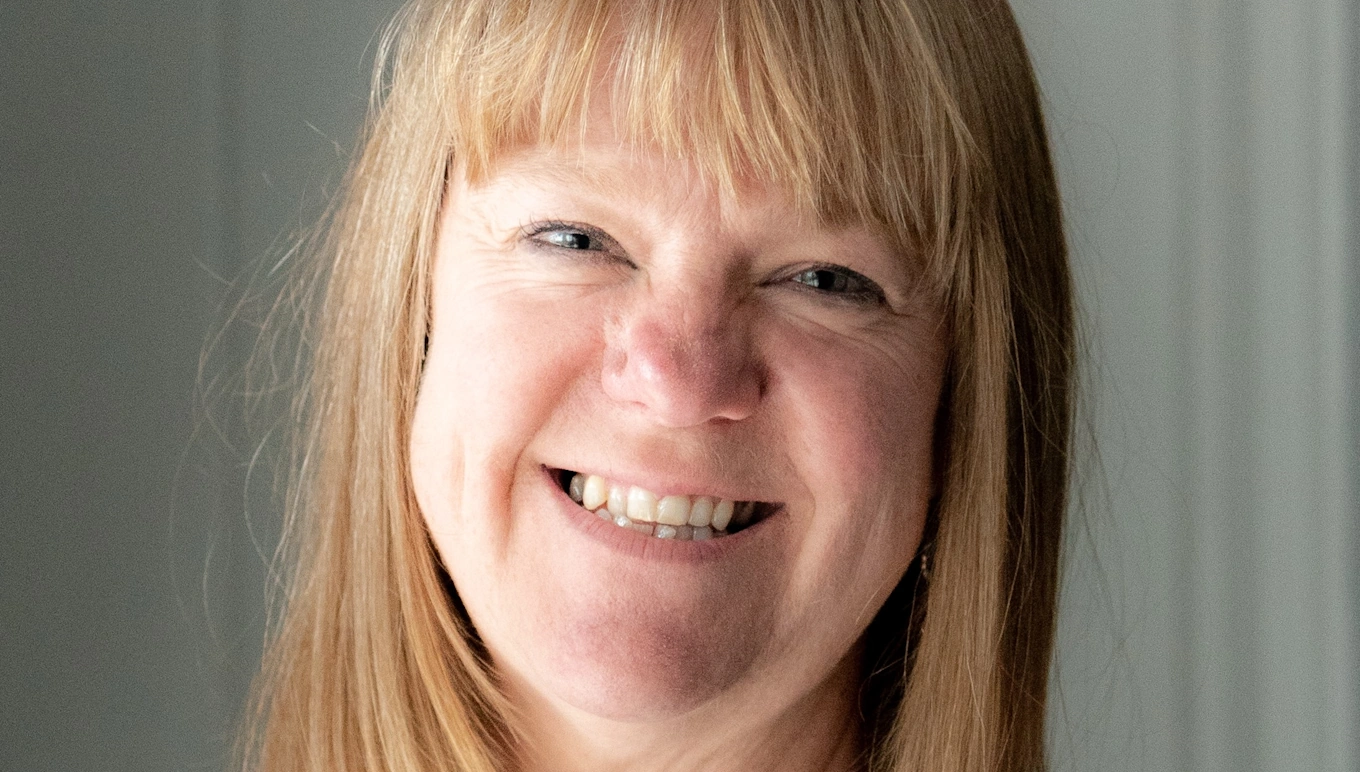Providing Exceptional Care for Vulnerable Customers: Q&A With Industry Expert, Helen Pettifer
Providing Exceptional Care for Vulnerable Customers: Q&A With Industry Expert, Helen Pettifer
Providing Exceptional Care for Vulnerable Customers: Q&A With Industry Expert, Helen Pettifer
24 Oct 2024
 Aptean Staff Writer
Aptean Staff Writer 
Are financial services companies doing enough to provide compassionate support to vulnerable customers? What challenges do customer service teams face when assisting people with complex needs?
These are two of the topics we discussed recently with Helen Pettifer, founder of Helen Pettifer Training.
Helen is an expert in understanding vulnerability drivers and embedding good practice into customer support services. Both of which are imperative for financial services firms to comply with FCA customer vulnerability guidance and achieve customer service excellence. We spoke to Helen as part of our new eGuide on inclusive customer service [JO1] to get her thoughts on how companies can improve their support for vulnerable customers and the staff who assist them. Let’s dive in.
Q: What does it mean for a customer to be "vulnerable", and how do their needs differ from other customers?
To me, a vulnerable customer is somebody who needs an extra level of care, whether that’s digitally or over the phone. They need time and compassion, and to interact with customer service agents who are kind, understanding, and will create a safe environment for them.
As with all customers, companies need to treat vulnerable customers as humans, not just account numbers. Vulnerable customers may be dealing with many obstacles in their lives and prioritising relationships other than the one they have with your business.
Q: Does your passion for personal customer service come from your own experiences of vulnerability?
Yes – I trained as a ballet dancer, and my first experience of vulnerability was at 16 years old. I had a knee operation, and the surgeon told me I would never be a professional dancer.
I’m also passionate about customer care as my son has a rare condition and complex needs. I help him with his banking and managing his bills, so I experience first-hand the lack of support some customer service agents receive for dealing with vulnerable customer scenarios.
Q: What’s the impact of asking the wrong questions to vulnerable customers?
Recently, a company completed some vulnerability training with me. We analysed a real case where one of their customers had been going through cancer treatment, and a customer service agent had written about it on their record.
The next time that customer called, they spoke to a different agent, who asked them how their cancer treatment was going.
That kind of question is extremely sensitive and could upset the customer. More to the point, it’s not always relevant—having cancer doesn’t automatically mean someone should be classed as a vulnerable customer.
It’s really important to keep information factual and to only write down what’s relevant to the customer’s relationship with your business.
Q: Do you come across barriers that prevent companies from appropriately supporting vulnerable customers?
Not all companies have a vulnerable customer policy. You need a framework that will consider both the practical needs and the emotional needs of your customers.
A policy will help you to identify additional tools you may need to support vulnerable customers—for example, creating policy documents in braille and large print, or having the capacity to add third parties to customer accounts.
Another barrier (and my biggest bugbear) is when call centres time staff in conversation with vulnerable customers. Vulnerable customer calls should be identified and immediately removed from general metrics, because it can take much longer for these customers to communicate what they need.
If your customer service agent isn’t on the clock, they can really listen without rushing.
Q: How can companies improve the way they support frontline staff helping vulnerable customers?
Compassion fatigue and vicarious trauma are becoming more prevalent in customer service teams. They're hearing difficult stories from customers on a daily basis, and it weighs heavily on them.
One way to ease this pressure is to give employees a break from the phone, so they’re not always customer facing. Some of the companies I work with will rotate staff between phone work and admin work.
If someone’s handling a difficult call, allow them to step away and take a few minutes to gather themselves once they’ve hung up.
Finally, make sure you acknowledge the wonderful job your staff are doing to support vulnerable customers, often dealing with highly emotional situations. A small gesture of appreciation like leaving a bar of chocolate on their desk or sending them a note to say thank you for your work this week can make a huge difference to team morale.
Want to hear more from Helen Pettifer and other customer service experts?
Download our eGuide on inclusive customer service, featuring real-word insights from experts on supporting vulnerable customers.
You’ll learn how industry leaders are developing their understanding of what vulnerability means, and implementing the customer service technologies and processes to identify vulnerable customers and support their needs.
Ready to Start Transforming Your Business Compliance?
We’ve got the specialised solutions you need to conquer your industry's complaint management challenges.



